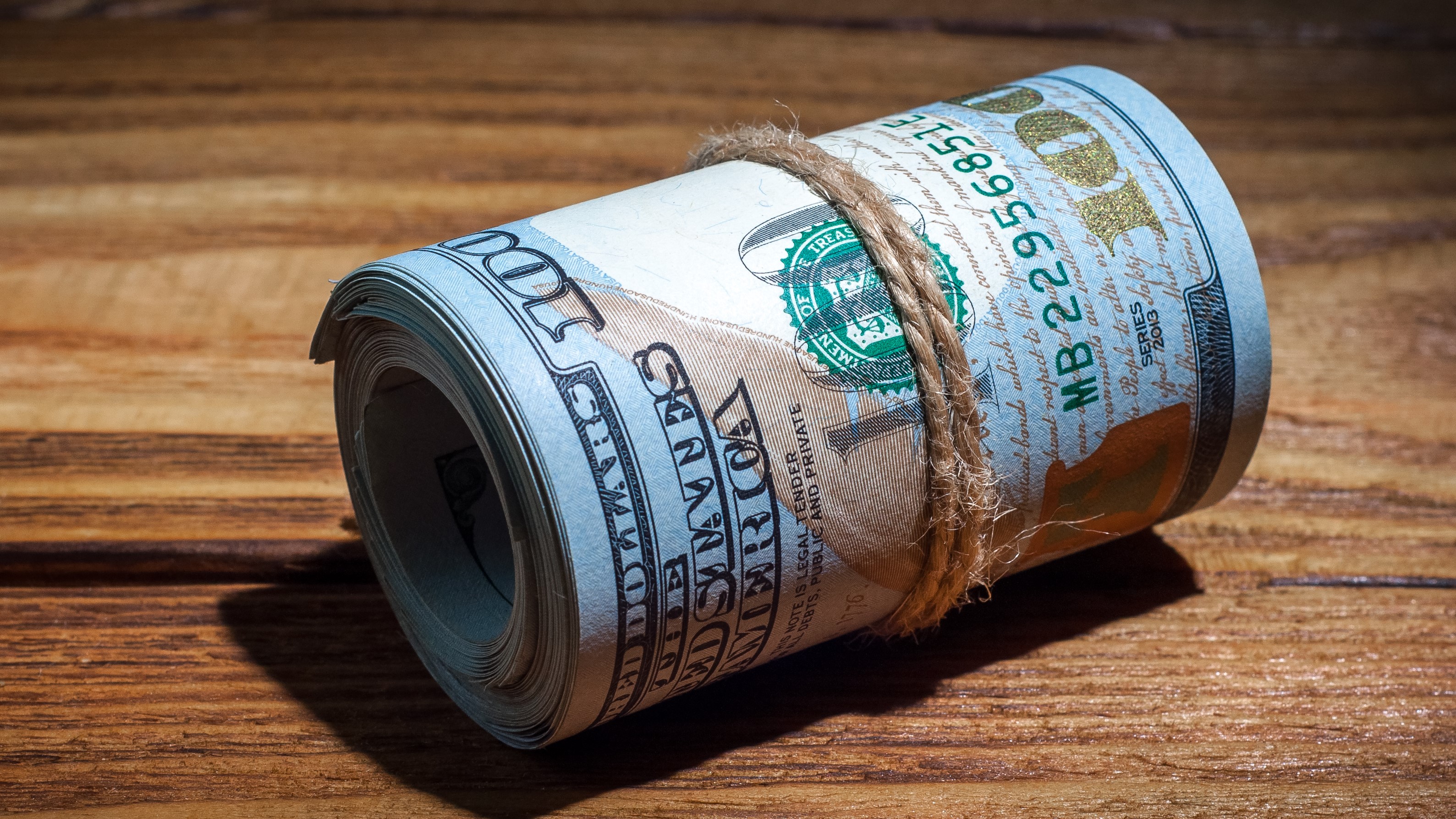The US states where residents are showing the greatest need to take out loans due to the coronavirus have been revealed in a new report. While the pandemic has impacted household finances across America, New York has been identified as the state where people are most fervently searching for the best personal loans online and other forms of borrowing to help support themselves financially.
The rankings have been arrived at by WalletHub, whose research combines its own internal credit report data with data on Google search increases for three loan-related terms. Where searches for personal loans, payday loans and home equity loans have surged the most has been taken as an indication that people living in those states are struggling the most to make ends meet.
The states where loan searches are highest
Taking an aggregate across all the metrics, residents of New York are showing the most urgent need to secure a loan of some kind, followed by those living in Oklahoma, and then Tennessee. At the other end of the scale, those residing in Vermont, South Dakota and Alaska have been displaying the least interest in taking out a loan, suggesting their financial circumstances have been relatively untainted by the COVID-19 outbreak.
| Rank | Overall | Loan search | Payday loans search | Home equity loans search |
|---|---|---|---|---|
| 1 | New York | Kentucky | Hawaii | New Hampshire |
| 2 | Oklahoma | Rhode Island | Oklahoma | Illinois |
| 3 | Tennessee | Ohio | Rhode Island | New York |
| 4 | Missouri | North Carolina | Florida | Oklahoma |
| 5 | Maryland | West Virginia | Iowa | California |
| 6 | Florida | Kansas | Utah | Missouri |
| 7 | Minnesota | Arizona | New York | Arkansas |
| 8 | Michigan | New York | New Jersey | Maryland |
| 9 | Texas | Tennessee | Michigan | Pennsylvania |
| 10 | Ohio | Maryland | Washington | Texas |
Explaining the catalyst behind the recent clamor for loans in certain areas, Jill Gonzalez, WalletHub analyst, said: “The fact that Congress was unable to pass a new stimulus before the benefits from the first ended will likely lead to an increase in loan demand.
"Unemployed Americans’ weekly incomes have shrunk drastically, and many people who are employed likely have already used the money from their stimulus checks. Even though President Trump issued an executive order for an extra $400 per week in unemployment benefits, it could be weeks before that goes into effect, and it’s still not a long-term solution.”
Payday loan concern
Breaking the data down into specific search terms, people living in Kentucky have been showing the greatest interest in arranging a personal loan, followed by residents of Rhode Island, Ohio and North Carolina. Meanwhile, home equity loan searches have been most prevalent in New Hampshire, Illinois, New York, Oklahoma and California, suggesting these are areas where homeowners are looking to tap into the value stored in their properties to help bridge financial gaps.
Of greater concern, however, should be the states of Hawaii, Oklahoma, Rhode Island and Florida, where search volumes for payday loans among residents are heavier than anywhere else across the US.

“Searching for payday loans is always concerning,” said Jill Gonzalez. “Payday loans are an extremely expensive lending option, as they charge exorbitant interest rates and give consumers very little time – until their next paycheck – to pay the money back. While many people take out payday loans out of desperation or because they have bad credit, there are safer loan options available to most people. Payday loans should only be a last resort.”
What should struggling Americans do?
For those whose incomes have been impacted most by the pandemic and economic downturn, the question is inevitably what to do for the best. Budgeting where you can and utilising savings are the obvious first steps to try and counter financial shortfalls, as is claiming for everything that you might be owed, including unemployment benefit and stimulus checks.
“Borrowing should be a last resort during the COVID-19 pandemic, after people have exhausted all other options - from federal and state government benefits to relief from creditors. Most major banks and credit unions will offer some form of assistance to people affected by the pandemic, such as delayed due dates or waived finance charges, but you have to ask,” advises Jill Gonzalez.
Unfortunately, for many people, the challenges run much deeper, and borrowing does become the only viable option open to them. While warning against payday loans if at all possible, Gonzalez says that there is no one solution that is best for everyone.
“Credit cards are best for short-term borrowing and continuous purchasing power, while personal loans provide a longer-term solution and often have lower APRs,” she adds. “Home equity products provide the lowest interest rates and longest payoff timelines, but the borrower’s house serves as collateral. Ultimately, people should choose the option they are most comfortable with.”


